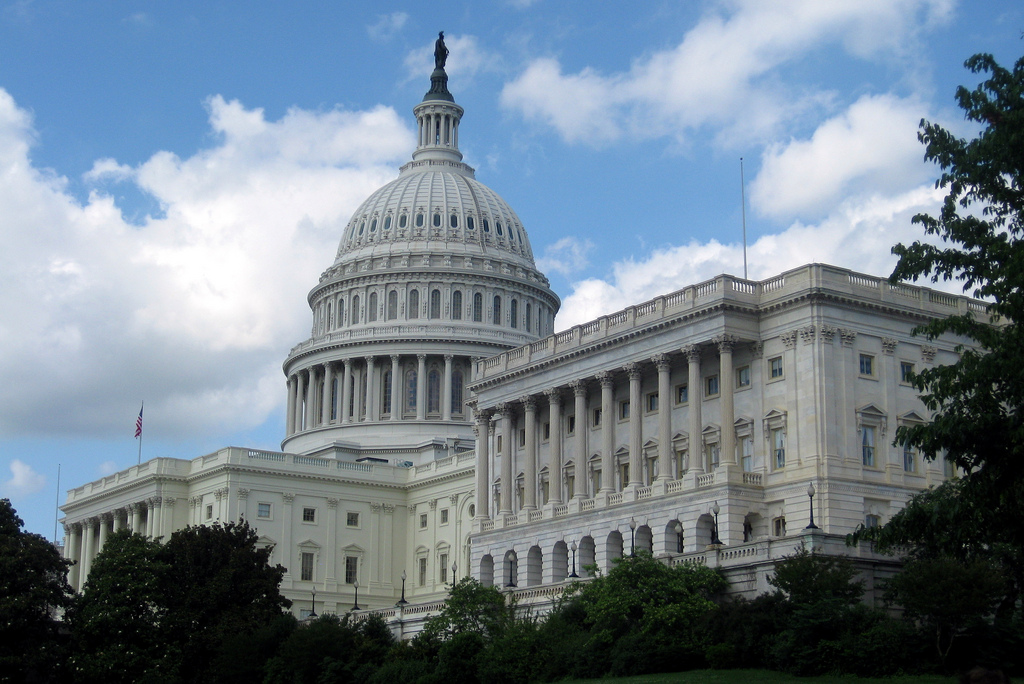Open Gov Advocates Cheer Federal DATA Act

One tech journalist calls the federal DATA Act “the most significant open government legislation enacted by Congress in generations, going back to the Freedom of Information Act in 1966.” He may be slightly excited, but the DATA Act, which passed the Senate and the House with overwhelming bi-partisan support, is on President Obama’s desk and is certainly a big deal for the federal government, and potentially as a model for states like New York.
The DATA Act standardizes how federal spending, budget, contract, and payment data is stored and reported. It also creates a universal corporate identifier, like an EIN or DUNs number for any entity receiving federal funds.
National transparency advocates are excited to see the legislation on the verge of becoming law. According to Daniel Schuman, policy counsel for the Citizens for Responsibility and Ethics in Washington:
“The effort to reform transparency around federal spending arose in large part because members of both political parties concluded that their ability to govern effectively depends on making sure federal spending data is comprehensive, accessible, reliable, and timely. Currently, it is not. … We welcome and applaud the House of Representative’s passage of the DATA Act. It is a remarkable bill that, if properly implemented, will empower elected officials and everyday citizens alike to follow how the federal government spends money.”
Matt Rumsey, a policy analyst at the Sunlight Foundation, adds:
“Sunlight has been advocating for the DATA Act for some time, and we are thrilled to see it emerge from Congress. ‘Congress has taken a big step by passing the DATA Act. The challenge now will be ensuring that it is implemented effectively.’ We hope that the President swiftly signs the bill and we look forward to working with his administration to shed more light on federal spending.
The DATA Act has four basic aims:
- Open federal agency expenditures by linking them to contracts, loans, and grants, as well as to their parent programs.
- Create standard formats for financial data to make it USASpending.gov more consistent and searchable.
- Simplify reporting for entities receiving federal funds.
- Increase accountability for agency-submitted data on USASpending.gov by forcing agencies to ensure completeness and accuracy of financial data.
